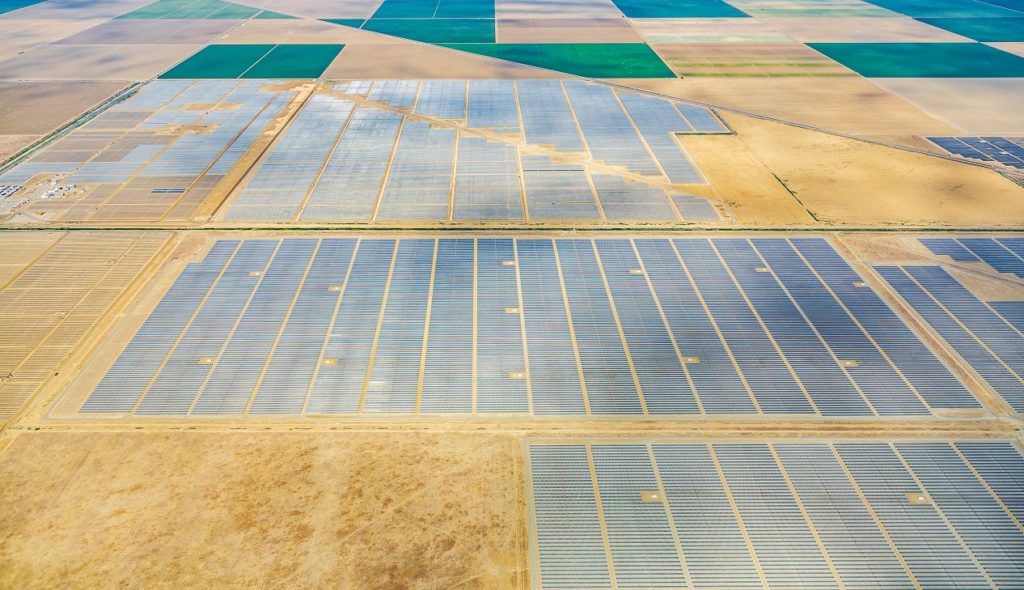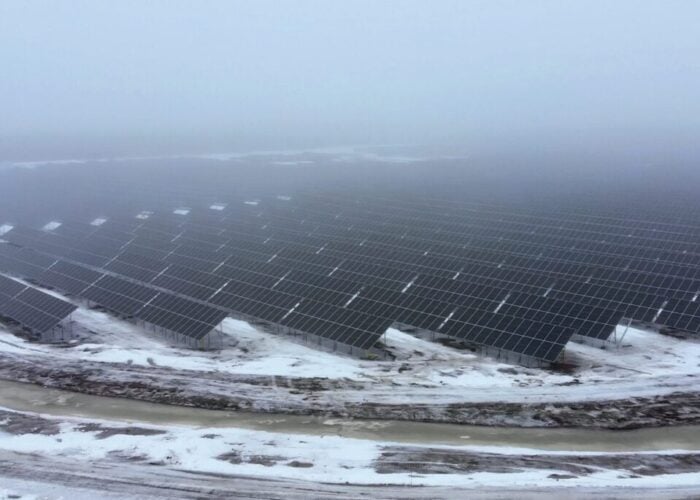
President Joe Biden’s move to extend tariffs on imported solar modules and cells will distort international trade, China’s commerce ministry has said.
The US government extended the Section 201 measures despite “strong opposition” domestically and internationally, the Ministry of Commerce said in a statement, adding that the policy not only “does not help the healthy development of the domestic industry in the US”, but also “distorts the normal international trade order of photovoltaics as a new energy product”.
Try Premium for just $1
- Full premium access for the first month at only $1
- Converts to an annual rate after 30 days unless cancelled
- Cancel anytime during the trial period
Premium Benefits
- Expert industry analysis and interviews
- Digital access to PV Tech Power journal
- Exclusive event discounts
Or get the full Premium subscription right away
Or continue reading this article for free
Joe Biden announced on Friday that the Section 201 tariffs will be extended for four more years, with bifacial panels continuing to be exempt from the duty, while the tariff rate quota for cell imports has been doubled to 5GW.
The president said the safeguard action on cell imports “continues to be necessary to prevent or remedy the serious injury to the domestic industry”. He has also instructed the US Trade Representative to investigate the potential for imports from Canada and Mexico to be exempt as long as they do not undermine the effectiveness of the tariffs.
However, China’s commerce ministry said it hopes the US will take “concrete action” to facilitate free trade in new energy products and to jointly address climate change.
But the continued exemption for bifacial panels will be welcomed by Chinese PV manufacturers, with the majority of module imports to the US in recent years being bifacial.
The exemption was also applauded by the Solar Energy Industries Association (SEIA), which noted that bifacial panels are still not available “at scale” by US manufacturers.
Responding to the president’s announcement, Gregory Wetstone, CEO of the American Council on Renewable Energy (ACORE), said the trade body is encouraged to see the modification of the tariffs. “Excluding bifacial solar panels and raising the annual limit on duty-free solar cell imports to 5GW are reasonable steps that will help our clean energy sector to continue growing at the rate we need to reach our climate goals.”
Tom Buttgenbach, CEO at US solar developer 8minute Solar Energy, said that while tariffs “are not the best approach” to addressing solar supply chain challenges, “we appreciate the administration’s considerations of the issues at play in reaching their decision and believe the increase in the quota is justified”.
Elsewhere, Chinese solar manufacturers are also set to be impacted by new import tariffs in India that will see the country impose a 40% duty on modules and 25% duty on cells as of 1 April.






